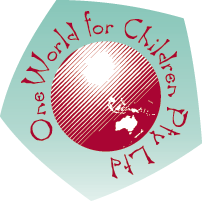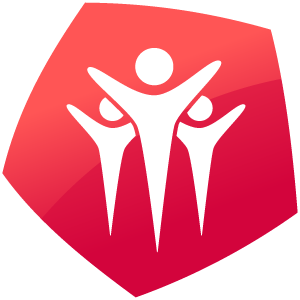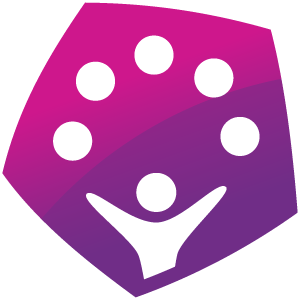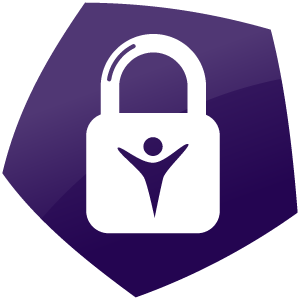Library
 The Library is a great place to search for the information you are needing.† Below is a search engine where all you need to do is select the category or text in the topic you are looking for and a list of websites, articles and other resources will appear. Take a peek...
The Library is a great place to search for the information you are needing.† Below is a search engine where all you need to do is select the category or text in the topic you are looking for and a list of websites, articles and other resources will appear. Take a peek...
Child Development
Do you know all the ways you should measure your child's growth? We naturally think of height and weight, but from birth to 5 years, your child should reach milestones in how they play, learn, speak and act. Child development refers to how a child becomes able to do more complex things as they get older.
Developmental milestones are a set of functional skills or age-specific tasks that most children can do at a certain age range. Although each milestone has an age level, the actual age when a normally developing child reaches that milestone can vary quite a bit.† Think of what an amazing process early development is.† Between birth and age 3, babies learn to roll, crawl, stand, walk, and run. They learn to talk, joke, rhyme, and sing.† But development doesn't happen in the same way, at the same time, for all children.† Some children will develop certain skills (like walking or talking) faster or slower than others.† These differences are very normal. Every child is unique! Understanding how your child develops can help you to know what to expect from your child at different ages. Read more...
Benefits of e-learning
T he application of e-learning solutions to meet business and industry workforce development needs continues to grow rapidly with e-learning fast becoming a central component of workplace learning.
he application of e-learning solutions to meet business and industry workforce development needs continues to grow rapidly with e-learning fast becoming a central component of workplace learning.
A survey (2006) of 140 organisations across the construction and mining, health, primary industries, manufacturing and electronics, transport and logistics industries found that 40% of respondents plan to increase the proportion of their training budgets spent on e-learning in the next 12 months.Read more...
How to Use Emotional Intelligence to Solve Conflict
Conflicts arise on a daily basis at home, work or even during fun events. Using Emotional Intelligence (EI) in solving conflicts benefits everyone involved. These techniques will take some practice to master, but you will find that you will have fewer upsetting conflicts and your relationships with the people around you will be better using these strategies. Click Here








